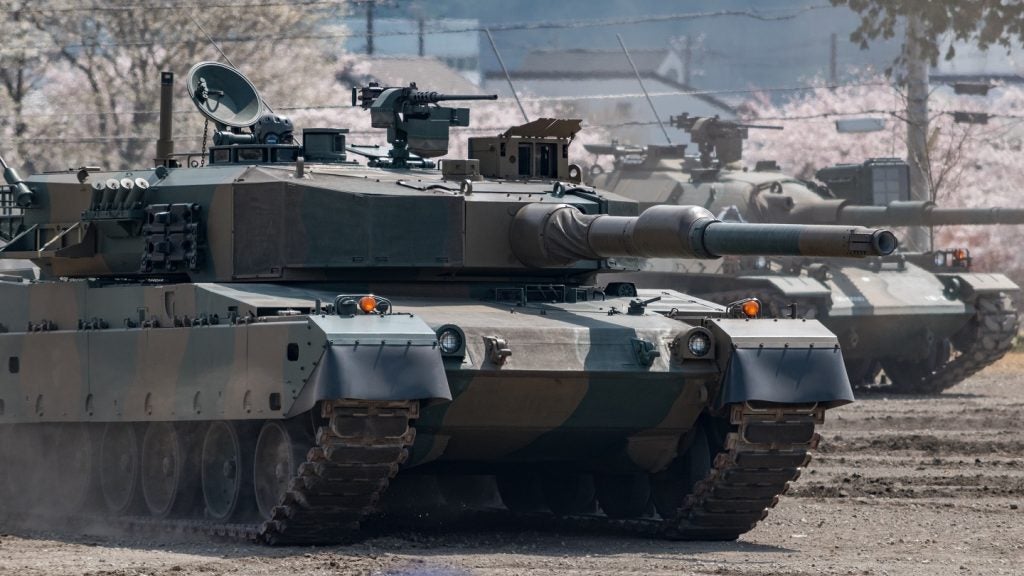ZeroAvia. has filed a patent for a fuel cell system with sensors to detect external surface changes indicating faults. The system includes audio, image, and strain sensors like cameras, IR detectors, and ultrasound transducers. This innovation aims to enhance fault detection in fuel cells. GlobalData’s report on ZeroAvia gives a 360-degree view of the company including its patenting strategy. Buy the report here.
According to GlobalData’s company profile on ZeroAvia, Fuel cell powered drones was a key innovation area identified from patents. ZeroAvia's grant share as of January 2024 was 19%. Grant share is based on the ratio of number of grants to total number of patents.
Fault detection system for fuel cells using external sensors
The patent application (Publication Number: US20230369616A1) describes a fuel cell system equipped with various sensors, including audio, image, and strain sensors, external to the fuel cell surface. These sensors are designed to detect any changes in the external surface of the fuel cell, which could indicate a fault condition. The system includes sensors such as visual cameras, IR cameras, IR detectors, UV-responsive cameras, ultrasound transducers, piezoelectric sensors, vibration sensors, surface acoustic wave detectors, and mass spectrometer sensors. These sensors can be affixed to or microfabricated within the external surface of the fuel cell to monitor for any potential issues.
Furthermore, the patent application outlines a method for detecting fault conditions in a fuel cell by activating the external sensors and generating an alert signal when changes in the external surface are detected. The method involves using various sensors to monitor the fuel cell surface, including visual cameras, IR cameras, IR detectors, UV-responsive cameras, piezoelectric sensors, vibration sensors, surface acoustic wave detectors, ultrasound sensors, and mass spectrometer sensors. Additionally, the patent application includes an article comprising a computer-readable storage medium storing instructions for a process-based system to collect data on the fuel cell surface characteristics, compare it to standard data, and determine if any changes indicate a fault condition. The application also mentions the use of this technology in a fuel cell-powered aircraft, where the fuel cell system plays a crucial role in powering electric motors, with a specific focus on hydrogen fuel cells.
To know more about GlobalData’s detailed insights on ZeroAvia, buy the report here.
Data Insights
From

The gold standard of business intelligence.
Blending expert knowledge with cutting-edge technology, GlobalData’s unrivalled proprietary data will enable you to decode what’s happening in your market. You can make better informed decisions and gain a future-proof advantage over your competitors.







